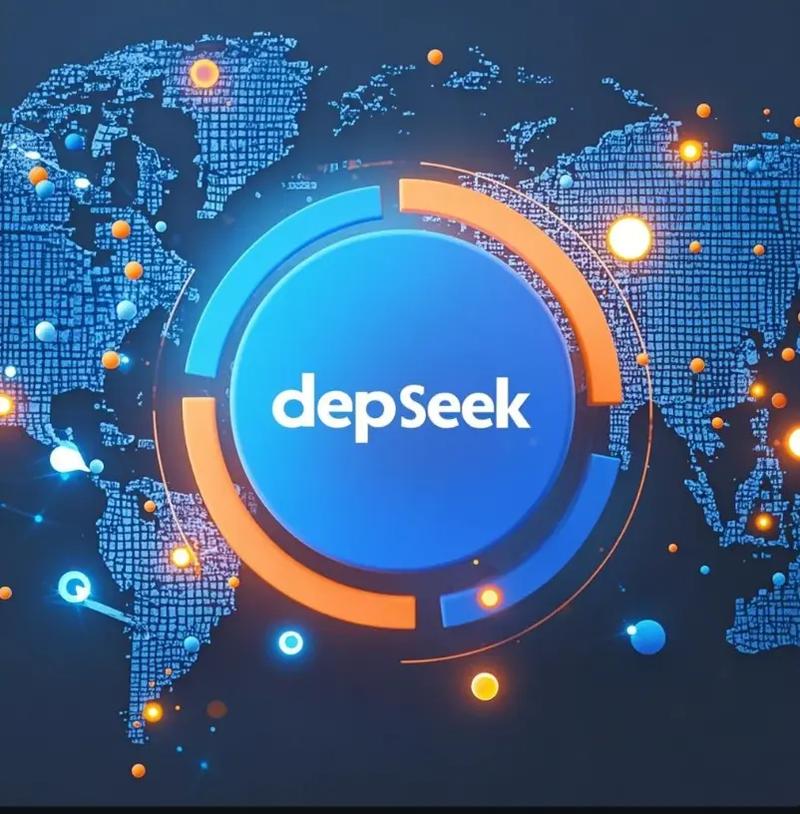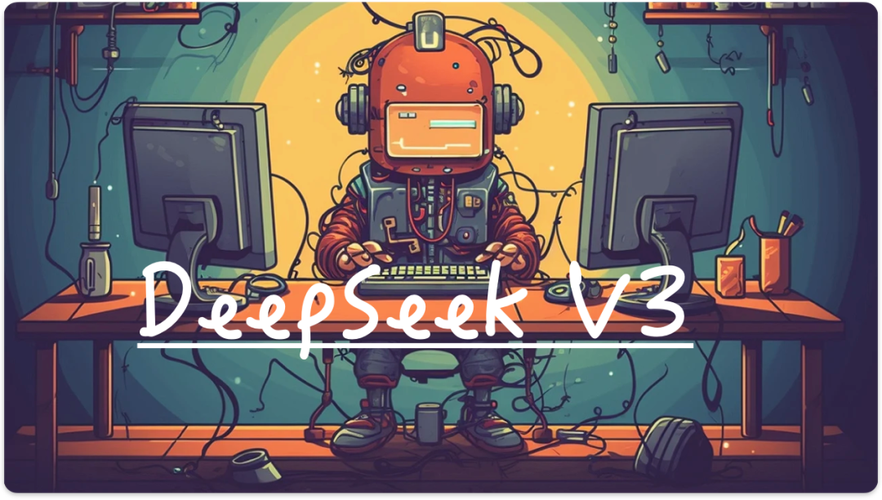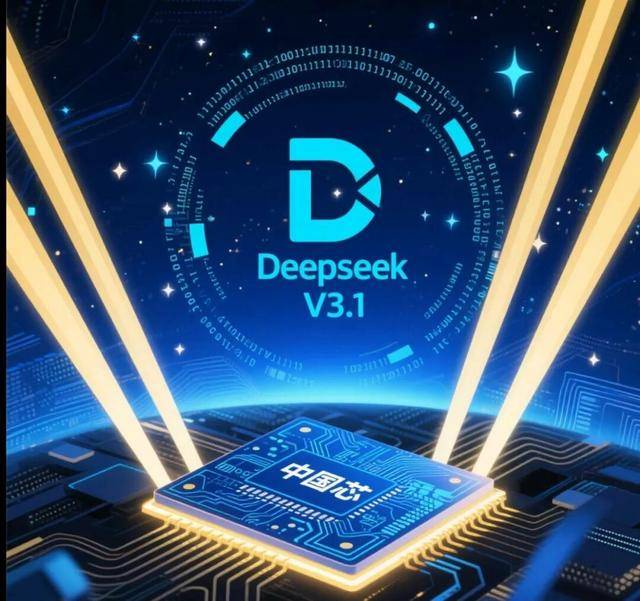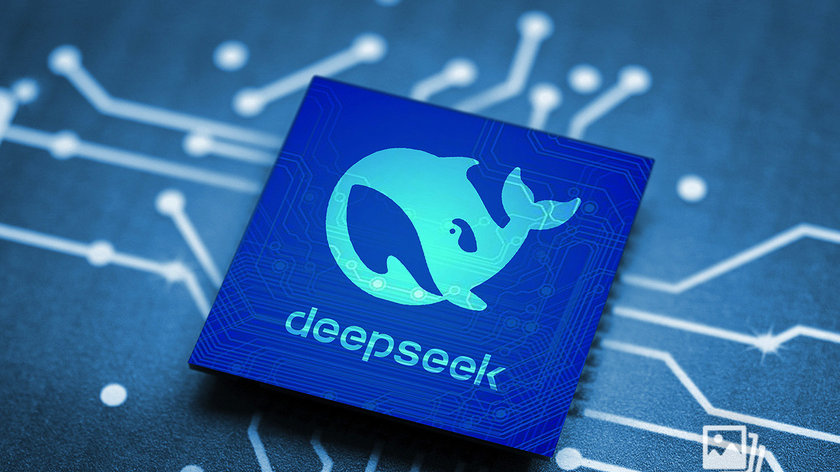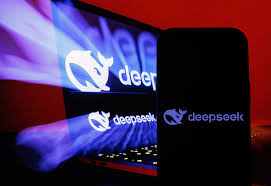Never Install DeepSeek R1 Locally Before Watching This: A 2025 Essential Guide
Introduction
As open-source AI models gain traction globally, DeepSeek R1 has emerged as one of the most ambitious and powerful contenders in the field. With 671 billion parameters, DeepSeek R1 promises cutting-edge performance and full transparency — but there's a catch. While its capabilities are impressive, installing this model locally without a clear understanding of the technical, ethical, and practical challenges can lead to serious issues.
In this comprehensive guide, we break down everything you need to know before installing DeepSeek R1 on your local machine, including hardware requirements, software dependencies, privacy implications, community support, and real-world use cases.
1. What Is DeepSeek R1?
DeepSeek R1 is a Mixture-of-Experts (MoE) large language model released in 2024 by DeepSeek.AI. It features:
671 billion total parameters
37 billion active parameters per token
Context window: 128,000 tokens
State-of-the-art performance in coding, math, and reasoning tasks
Unlike many Western counterparts, DeepSeek R1 is open-weight, meaning you can download and run it on your own hardware without API restrictions.
“DeepSeek R1 democratizes access to powerful AI — but only if you’re ready for the responsibility.” – AI Researcher, Hugging Face
2. Hardware Requirements: What You REALLY Need
Let’s be clear — DeepSeek R1 is not plug-and-play for the average user.
Minimum Viable Setup (Low Performance)
1x RTX 3090 or 4090 GPU
24GB VRAM
64GB RAM
SSD with 500GB free space
Slow inference (~1–2 tokens/sec)
Recommended Setup (Mid-Level)
2–4x A6000s or RTX 6000 Ada GPUs
128GB+ RAM
NVMe SSD RAID setup
High-Performance Setup (Production)
8x H100 GPUs (or similar)
1TB+ RAM
Enterprise-grade cooling & power
Note: Attempting to load R1 on a consumer laptop may crash your system or result in out-of-memory errors.
3. Software Dependencies and Configuration
Before you install, you need to configure an appropriate environment:
Required Tools:
CUDA 11.8+ or ROCm (for AMD)
PyTorch 2.1+ (DeepSpeed or Hugging Face Transformers backend)
GGUF/MLC or LM Studio for quantized models
Optional: Ollama, WebUI, or LM Studio interface
Setup Pitfalls:
Incorrect CUDA version = runtime crashes
Driver mismatch = GPU unrecognized
Incorrect quantization = failed loading
Lack of VRAM = segmentation faults
Always check the official DeepSeek GitHub or Hugging Face hub for updated compatibility tables.
4. Privacy and Security Considerations
Benefits of Local Hosting:
Full data privacy: No cloud exposure
No API limits or censorship filters
Ideal for internal document analysis, R&D, and secure environments
Risks:
Local models are not inherently safe from prompt injection or data leaks
No centralized bug patches — you're responsible for security
Misuse of open weights could lead to ethical/legal challenges
“Local AI is private — until you forget to sandbox it.” – Cybersecurity Analyst
5. Cost Analysis: Local vs Cloud
Cloud Pricing (API usage):
OpenAI GPT-4: ~$60 per 1M output tokens
Claude 3.5: ~$65 per 1M output tokens
DeepSeek V3: ~$1.12 per 1M output tokens
Local Setup Costs:
Mid-tier setup: $3,000–$10,000 upfront
High-end rig: $40,000+
Electricity: ~$2–5/day (for sustained usage)
Running DeepSeek R1 locally makes long-term financial sense for:
Power users
Researchers
Large enterprise teams
6. Real-World Use Cases
✅ Recommended Use Cases:
Data scientists running complex analysis
Developers building LLM apps with privacy requirements
Academics conducting LLM behavior research
Enterprises replacing expensive API workflows
❌ Not Recommended For:
Casual users just exploring LLMs
Machines with <32GB RAM or <24GB VRAM
Environments without GPU support
Those unfamiliar with command-line tools
7. Community and Support
Available Resources:
DeepSeek GitHub Issues
Hugging Face forums
Discord/Reddit support groups
LM Studio/Ollama setup guides
Gaps:
No formal tech support
Sparse multilingual documentation
Rapid release cycle may break compatibility
Tip: Use forums like Stack Overflow and Hugging Face Discussions for troubleshooting.
8. Alternatives to DeepSeek R1 for Local Hosting
| Model | Parameter Count | Hardware Friendly? | Open Weights? | Performance Level |
|---|---|---|---|---|
| DeepSeek V3 | 37B active (MoE) | ✅ Moderate | ✅ | GPT-4.5-like |
| Mistral 7B | 7B | ✅ Very | ✅ | GPT-3.5-level |
| LLaMA 2 13B | 13B | ✅ Moderate | ✅ | GPT-3.5-level |
| Mixtral 8x7B | 56B (MoE) | ✅ High | ✅ | Strong GPT-4 alt |
Conclusion: Proceed With Eyes Wide Open
Installing DeepSeek R1 locally is a rewarding but resource-intensive experience. It’s not for the faint of heart, nor is it meant for casual experimentation. But for those who need ultimate control, privacy, and capability, it’s an incredible milestone in AI democratization.
Just make sure you're prepared. Watch the tutorials, read the documentation, and double-check your hardware.
“Don’t just install DeepSeek R1 — understand what you’re installing.”

